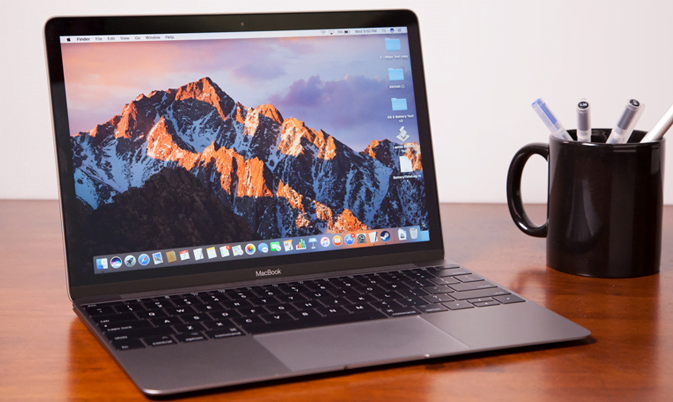Apple will soon make a code evaluation obligatory for all programs dispensed outside its very own Mac App Store with the aid of new builders, a first step in the direction of requiring all Mac software to pass similar reviews.
 The Cupertino, Calif. Business enterprise argued that the method called “notarization” could build a more comfy macOS environment. “We’re operating with builders to create a safer Mac user revel in thru a technique in which all software, whether or not disbursed on the [Mac] App Store or out of doors of it, is signed or notarized by way of Apple,” the organization said in an April 10 message on its developer portal.
The Cupertino, Calif. Business enterprise argued that the method called “notarization” could build a more comfy macOS environment. “We’re operating with builders to create a safer Mac user revel in thru a technique in which all software, whether or not disbursed on the [Mac] App Store or out of doors of it, is signed or notarized by way of Apple,” the organization said in an April 10 message on its developer portal.
Applications brought through the Mac App Store have long been reviewed by using Apple for malicious code and, considering September 2012, checked for an Apple-supplied digital signature previously set up. Notarization provides the App Store’s evaluation – or a form of it – to applications distributed some other place, direct from a writer’s internet site, say. Apple made notarization sound, if now not perfunctory, then truly quick. “Notarization isn’t App Review,” Apple advised developers, relating to the process App Store software program is going thru. “The Apple notary service is an automated system that scans your software for malicious content material, assessments for code-signing problems, and returns the consequences to you speedy.”
When customers start to deploy a notarized software, Gatekeeper will intrude with a message mentioning that Apple has “checked it for malicious software and none was detected.” From there, the user can both cancel the setup or continue. Gatekeeper is the OS X/macOS software that has blocked the set up of unsigned code for the last seven years, and relying on how it is set, allowing all software or most effective App Store-received applications to be established.
Apple has now not shared greater than that approximately what users will see associated with notarization. It becomes uncertain whether there may be wide or granular settings to mitigate or disable the notarization requirement in System Preferences, with the appearance of macOS 10.14. Five – today’s replacement for Mojave, now in preview – notarization may be required for software program created by developers new to dispensing Apple apps and for all new or up to date kernel extensions. “In a future model of macOS, notarization will be required through default for all software programs,” Apple said in its documentation.










